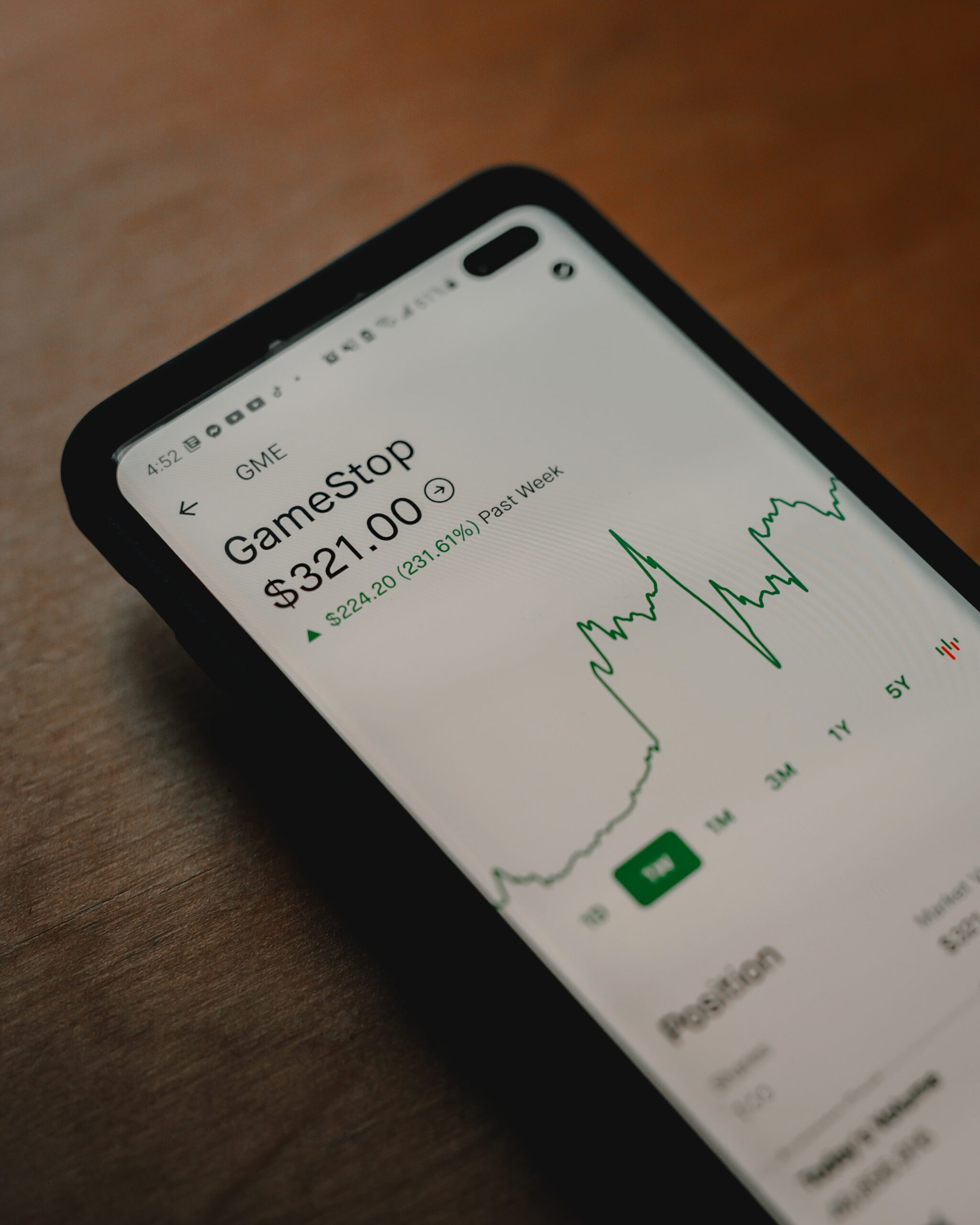GameStop is a publicly-traded company (under the symbol GME) whose business model failed to evolve with the marketplace.
GME sold video games at its stores in DVD form while the world’s gamers were moving to downloads. Failing to change its method of business, it was a failing company many say was headed for the garbage heap.
Despite its continuing spiral into oblivion, a well-known investor took a heavy position in GameStop in the hopes of having some influence in turning it around by applying pressure to GME management as a major stockholder.
When the news broke that this major investor bought stock, the price soared as hopeful buyers started accumulating it. Wall Street hinted that these buyers were the unsophisticated day trader type that knew nothing about company fundamentals, and instead were blindly buying the hype and hope of this new institutional investor.
In no time, professional traders took notice of the influx of stock buyers and believed the company still had no hope of survival.
These firms started taking “short” positions in GME, thereby betting against the little guy that had bought the stock on the hype only. “Shorting” means one bet on a stock falling in value. To short a stock, one method is to sell shares of the company you don’t actually have. The caveat is at some point you have to buy them back to close out the trade, and hopefully at a lower price, pocketing the difference.
The most one could hope for is for shares to go to zero. “Shorters” start to lose money if the stock rises, and if it rises a lot, major damage to a balance sheet could occur, or in a worst-case scenario, cause a possible bankruptcy.
Enter modern-day social media.
It is rumored some seed of an idea hatched on a popular stock trading platform into a call to muster the troops and get a lot of these stock bloggers to start buying shares in GME. The goal was to have the little guy “stick it” to the Wall Street firms that were shorting the stock by jamming GME stock higher, causing these firms heavy losses.
No one really knows where the idea was hatched or who started it, but the idea of the little guy handing it to large Wall Street firms resonated with many. Possibly tired of being called “stupid day traders” or whatever they were labeled, an army of people started buying GME stock, all continually egged on in this popular social media platform.
Making a long story short, up went GME stock and it kept going up. The stock passed the 30,s and 40’s and went as high as into the 480’s. GME soon made the evening news and accelerated the hype and therefore the buying. The losses to some Wall Street firms were massive.
Now all over the news media, the little guy saw their day in the sun. And because these day traders only communicated with each other on a media platform and were not a concerted group (which may have been grounds for prosecution for stock manipulation) the news coverage just made the event all that more ridiculous and in a sense, handcuffed authorities on how to deal with it.
After all, there was no specific person coordinating a group of investors.
It was just a lot of people all with same idea, likely seeing it as a “stick it to Wall Street” moment with the hope of quick profits to boot, all communicating through social media.
Once a stock is shorted, if it climbs, those shorting it see their losses mount, and eventually must buy the shares themselves to stem the losses, causing what is called a “short squeeze”. This squeeze is self-perpetuating, making the stock go even higher, causing even more losses.
As weird went to absurd, elected officials, the SEC, and even the White House, all chimed in on one side of the argument or the other. Some are rooting for the little guy’s right to trade as they see fit, while others say the whole circus must be reined in before huge losses are realized by novice traders who don’t fully comprehend the risk they are undertaking.
In conclusion, these types of manias have occurred before.
Albeit the mechanism of why it is happening is different from those in the past whereas the buying this time is supercharged by a social media platform. The frenzy is not limited to GameStop, as the event is occurring in other less popular stocks as well, with more being rumored to be targeted.
Regulators have already begun to step in. Media is lit up with debate and like most similar events, this will probably end badly for many. In my opinion, GME may revert back to a stock destined for the garbage heap. No doubt, this will be one for the record books and talked about for years. Bottom line is that this is as far from “investing” as one could get, and even pushes the boundaries of the most outrageous of gambling if you even could call it that. And if you’re wondering, in this particular wild event, it is estimated over 20 billion was squeezed out of the GameStop fiasco.
Score one for the little guy.
Opinions expressed here are those of Mr. Cuniberti and not those of any bank or investment advisory firm. Nothing stated is meant to insure a guarantee, or to be construed as investment advice. Neither Money Management Radio (“Money Matters”) receive, control, access or monitor client funds, accounts, or portfolios. For a list of the services offered by Mr. Cuniberti, call (530)559-1214. California Insurance License #0L34249 and Medicare Agent approved. Insurance services offered independently through Marc Cuniberti and not affiliated with any RIA firm or entity. Email: [email protected]


